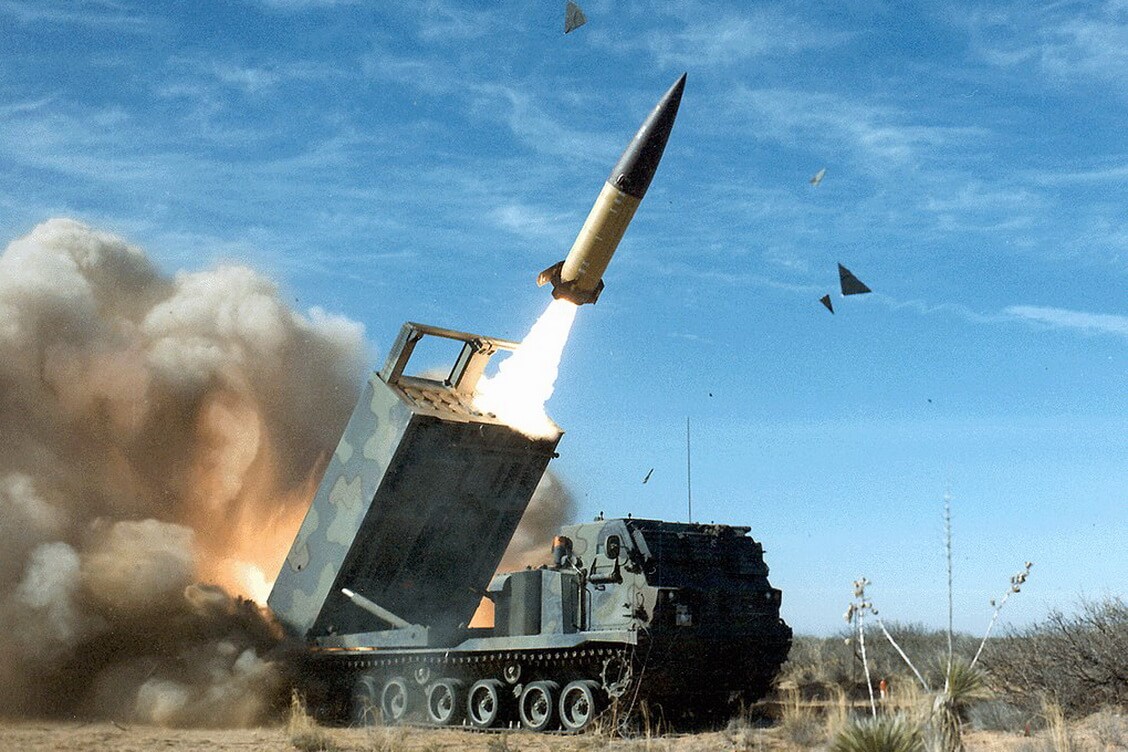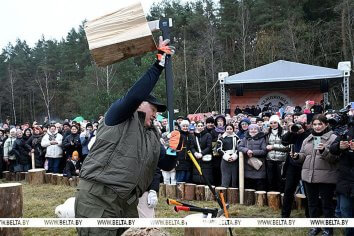The United States’ decision to authorize Ukraine to launch long-range ATACMS missiles deep into Russian territory heightens the risk of Belarus becoming a target due to its support for Russia. Minsk is working to avoid this disastrous outcome, including by holding an early presidential election.

Tensions rise following US approval of long-range strikes
On November 17, The New York Times reported that the Joe Biden administration had granted Ukraine the green light to fire ATACMS missiles deep into Russian territory. On the same day, Le Figaro reported that France and the United Kingdom had similarly authorized Ukraine to use Storm Shadow/Scalp missiles in strikes against Russian targets.
Although no official confirmation has been made, officials from the United States, France, and the UK have not denied the reports. Both London and Paris had been prepared to take this step for some time, while President Biden had delayed the decision to avoid potential political risks for Kamala Harris during the US election.
Despite Russia’s nuclear threats, Kyiv’s allies have moved forward with a policy shift, abandoning long-standing red lines. In September, President Vladimir Putin warned that long-range missile strikes would be viewed as direct NATO involvement in the conflict, vowing “appropriate retaliatory measures.”
The Kremlin’s “measures” may well include Belarusian involvement.
Russia likely to involve Belarus in escalation
The decision to authorize the strikes did not come as a major surprise to the Kremlin or its ally, Alaksandar Łukašenka.
Russian officials have mainly reiterated the threats made by Putin in September. However, more hawkish figures, such as philosopher Aleksandr Dugin and political scientist Sergei Markov, have begun discussing the possibility of nuclear war, even calling for missile strikes on Ukraine to demonstrate Russia’s resolve.
For Minsk, Ukraine’s long-range missiles do not pose an immediate threat, as neither NATO nor Kyiv have any intention of dragging Belarus directly into the conflict. The probability of long-range strikes on Belarus remains low—at least for now.
However, that risk could increase if the Kremlin uses Belarus as a launchpad for further escalation against Ukraine or NATO countries.
Two years ago, American-Russian historian Yuri Felshtinsky warned that Putin might use Belarus as a base to launch tactical nuclear strikes against NATO, explaining that such strikes would provoke retaliatory measures that would target Belarus rather than Russia directly, potentially allowing for a temporary diplomatic window to resolve the conflict.
Łukašenka rushes election to avoid escalation
Although Russia has stationed tactical nuclear weapons in Belarus, and Łukašenka has occasionally hinted at their potential use, the likelihood of Russia using Belarus as a platform for nuclear strikes against NATO remains low.
Western military intelligence in early 2024 suggested a greater likelihood of incidents along the Belarusian border, incursions into NATO airspace, or even military operations launched from Belarusian territory. This could occur in response to Ukraine’s ATACMS and Storm Shadow/Scalp strikes deep into Russian territory.
If Belarus were to become involved in military operations, it would almost certainly be drawn into the broader conflict. The government in Minsk is doing its best to prevent this from happening.
Donald Trump’s victory in the US election, combined with the deployment of thousands of North Korean troops to the front lines, has pushed the war in Ukraine into a critical phase. Łukašenka is eager to avoid further escalation, hoping that Trump’s peace initiatives may offer a path out of the conflict.
In a bid to buy time, Łukašenka has moved the presidential election forward to January, hoping that Russia, wary of destabilizing Belarus, will avoid deploying Belarusian troops to the frontlines.
Throughout the war, Łukašenka has managed to keep Belarusian forces out of Ukraine, presenting his country’s relative peace as a key achievement of his sixth presidential term.
However, if the war escalates in the coming months, it will likely present the greatest challenge to Minsk since the conflict began in February 2022.
